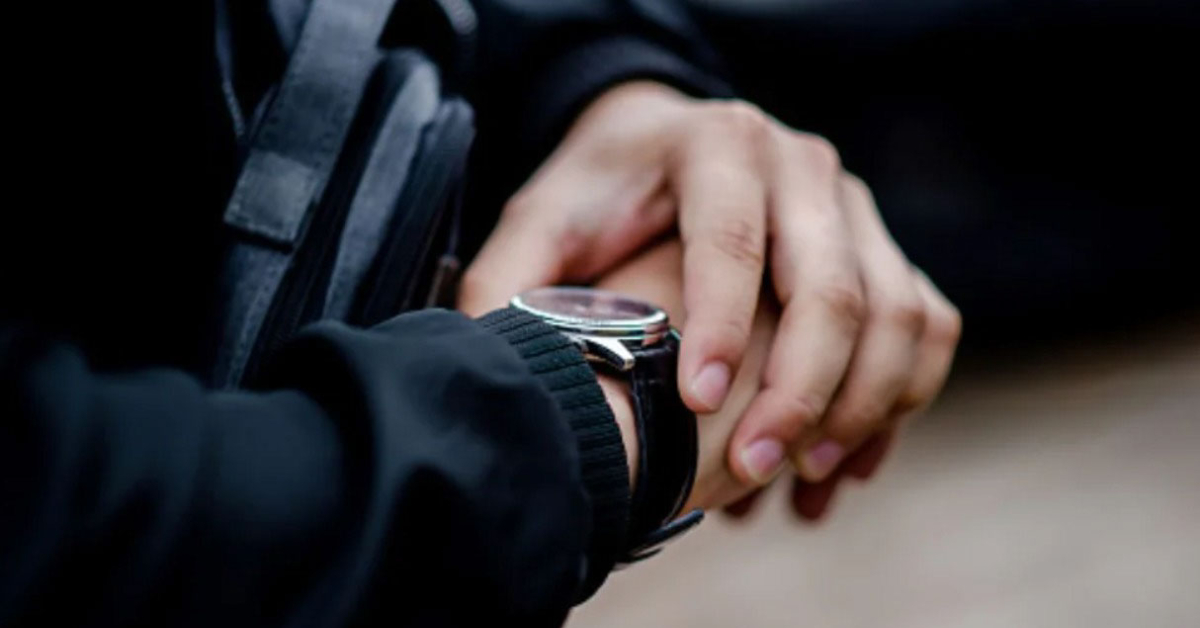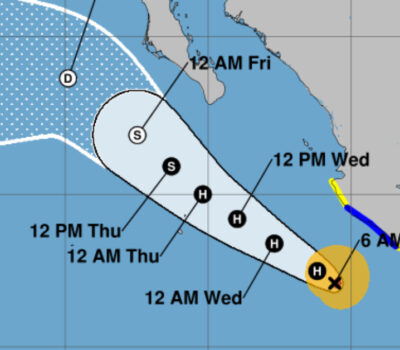In a marathon session during the early hours of Wednesday, the Plenary Session of the Senate of Mexico definitively eliminated summer time by approving the law that modifies the Law of Time Zones in Mexico, which will be sent to the President.
Summer time was implemented for the first time in Mexico in 1996, with the justification that it would generate economic and energy savings, as well as the reduction of fossil resources to generate electricity.
However, next Sunday, October 30, Mexicans will make the last change to the clock, when at two in the morning they set clocks back one hour to return to winter time, and after that, there will be no need to make any changes to the clocks in 2023 or in subsequent years.
With 59 votes in favor, 25 against, and 12 abstentions, the senators endorsed the proposal of the Chamber of Deputies, since they considered that abolishing summer time represents the protection of the right to health.
The law proposes the continuation of daylight savings time for the states and municipalities in the border zone in order to maintain times with the US along the border for commerce purposes.
The federal government of President Andrés Manuel López Obrador ( AMLO ) maintains that the children of Mexico, as well as the population in general, are affected by the adjustment in the biological clock to adapt to a new schedule every six months. These statements are supported by UNAM researchers who observed changes in sleep quality, which is why different conditions such as insomnia, daytime lethargy, anxiety, or even depression are triggered .
The bill mentions that the alteration of the biological clock is related to multiple psychological, emotional, and social biological disorders; For example, at the level of the nervous system, drowsiness, irritability, difficulty in attention, concentration and memory can occur.
It is also highlighted that the Ministry of Health ( SSa ) disclosed the repercussions that the time change causes on the health of the population, and that various studies suggest an association between summer time and the increase in the occurrence of heart attack, especially in the first week after implementation.
In a marathon session during the early hours of Wednesday, the Plenary Session of the Senate of Mexico definitively eliminated summer time by approving . . .












